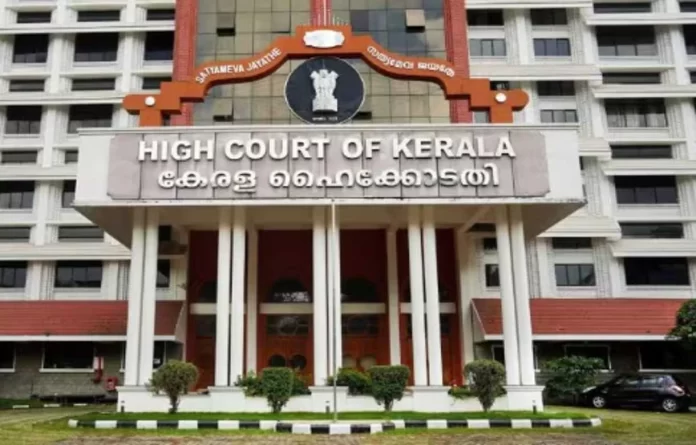The Kerala High Court directed The New Indian Express (TNIE) to take down an article which disclosed the identity of a rape accused. However, Justice Kauser Edappagath made the decision to issue the direction not considering that the article violated the accused man’s right to reputation, dignity or privacy.
The Kerala High Court held that the publication was in violation of Section 327(3) of the Code of Criminal Procedure (CrPC) which mentions that proceedings in rape cases are to be held in-camera and details of the same cannot be printed or published except with the prior permission of the court. The court also took cognizance of the use of the term parties and not victim.
The court in its judgement underlined that the law clearly states that it shall not be lawful for a person to print and publish any matter in relation to the inquiry or trial of rape or an offence under Sections 376, 376A, 376B, 376C, 376D or 376E of IPC except with the previous permission of the court, that too subject to maintaining confidentiality of name and address of the parties, both the victim and the accused.
The court further added that the provision would apply even at the stage when bail applications are considered by magistrates or courts. Since, The New Indian Express did not obtain any prior permission from the court, it was directed to remove the articles.
The judgement was passed on a petition by a man in 2022 who was accused in a rape case. The man was released on bail by the Kerala High Court after spending over a month in custody. The petitioner also cited the fact that the Kerala High Court order granting him bail was published in its entirety on the website of Indian Kanoon.
Mentioning that even an accused facing trial is entitled to the right to dignity and privacy under Articles 14, 19 and 21 of the Constitution of India, he approached the High Court seeking directions to take down the articles.
During the proceedings, it was argued that the protection of identity available to victims or survivors of sexual offences should be extended to those accused of committing such crimes as well. He also sought a direction to the Central government to frame guidelines to protect the privacy of the petitioner.
Meanwhile, the Court at the outset observed that freedom of press is a fundamental tenet of the constitutional democracy in India. Following relevant precedents on the matter, the Court directed TNIE to completely remove its article. Nonetheless, it ordered Indian Kanoon to merely mask details of the petitioner.


